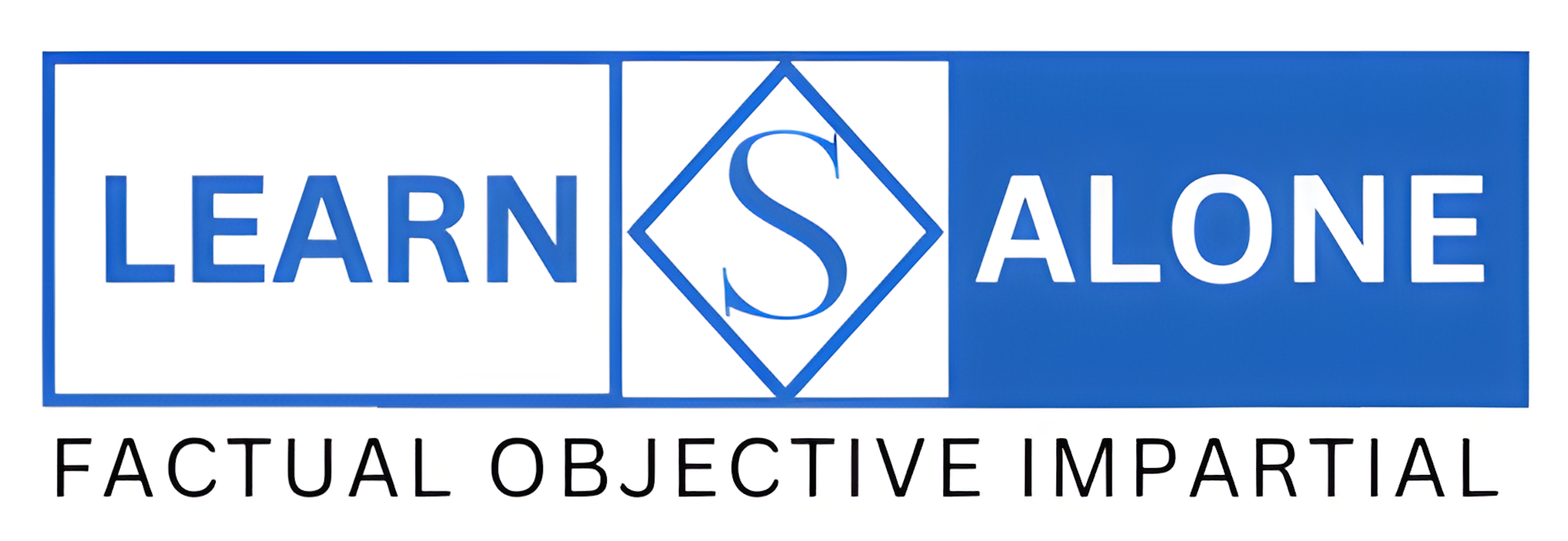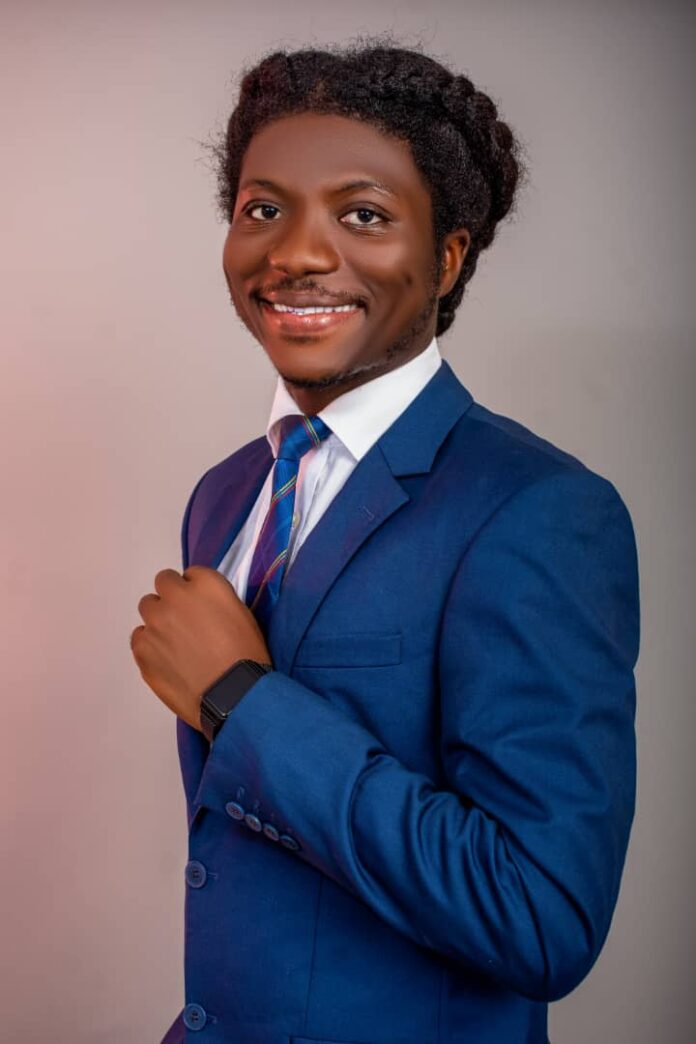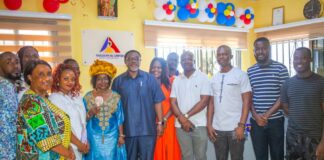By Edward Dictionary Caulker
In the age of digital transparency and rapid social media circulation, Sierra Leone has found itself at the center of an uncomfortable, albeit necessary, national reckoning. A series of leaked private conversations involving some of the country’s most powerful political figures have rocked the foundations of public trust, forcing citizens to confront the entrenched networks of privilege and impunity that have long shaped the nation’s governance.
Dubbed “The Politics of Privilege” by political analysts and activists, these leaks are more than mere scandals. They are mirrors—reflecting a systemic pattern of political elitism, spiritual manipulation, betrayal, ethnic tension, and power hoarding. As each audio recording circulates across WhatsApp groups, Twitter threads, and radio talk shows, they weave a disturbing narrative: Sierra Leone’s political arena operates less as a system of public service and more as a private club of self-serving elites.
The June 2025 Fatima Bio Revelation
The most recent of these revelations came in June 2025, with the emergence of an explosive audio clip allegedly featuring First Lady Fatima Bio in a private conversation with SLPP members in Kenema. In the recording, she discusses the spiritual dimension of loyalty and power, referencing “swearing” rituals and the ominous consequences of breaking them.
“We all have sworn, including you, my brother Swarray,” she reportedly says. “I tell them to go, and since they went, nobody has told me they have removed the swear.”
Her statement not only shocked the public with its mystical undertones but also reignited the long-standing debate over the influence of superstition in state affairs. Critics have condemned the invocation of spiritual oaths in political practice, arguing it erodes rational governance and instils fear-based loyalty rather than democratic accountability.
Historic Leaks and a Pattern of Dysfunction
The Fatima Bio recording is not isolated. A closer look at the timeline of these audio leaks reveals a disturbing pattern stretching back several years:
2021: Freetown Mayor Yvonne Aki-Sawyerr was caught in a leak where she allegedly made derogatory tribal remarks in a conversation with fellow APC councillors. The backlash was immediate and harsh, raising concerns about ethnic division in national politics and highlighting how informal moments often unmask hidden prejudices.
March 2025: Former President Ernest Bai Koroma found himself at the center of a political firestorm after a leaked conversation exposed internal rifts within the APC. His claims that Dr. Samura Kamara engaged the ruling party behind closed doors without party approval revealed cracks in party unity, while his frustration over bloggers accessing confidential information pointed to deeper issues of mistrust and espionage within opposition ranks.
October 2020: A leaked conversation between former IGP Ambrose Sovula and President Koroma concerning the Anti-Corruption Commission sent shockwaves through the security and political establishments. Even though the tone was calm, the very act of the leak raised ethical concerns about surveillance, betrayal, and how weaponized privacy is increasingly becoming a tool in Sierra Leone’s political chessboard.
‘Lay-Belleh’ Networks and the Political Economy of Privilege
For decades, political observers have warned of “lay-belleh” (acting in an unusual way for political favours) networks—informal systems of patronage and loyalty that operate beneath the formal structures of government. These networks, critics argue, are responsible for corruption, nepotism, and a general erosion of meritocracy. The leaked conversations lend powerful evidence to these claims, lifting the veil on a culture where state appointments, loyalty rituals, and secret dealings take precedence over transparency and service.
Rather than being anomalies, these leaks suggest that the real work of governance often takes place in hushed tones behind closed doors—where promises are made, enemies are named, and loyalty is tested not through constitutional order, but spiritual bonds and political transactions.
A Society Stirred Awake
Yet, amid the disillusionment, something else is happening—a civic reawakening. University campuses are alive with debates. Radio stations dedicate airtime to discussing accountability. Hashtags like #PrivilegePolitics, #LayBellehLeaks, and #LeakOfTheYear trend for days. From Kenema to Kono, from Bo to Bonthe, Sierra Leoneans—especially the youth—are demanding more.
For many citizens, these leaks are less about the content of the recordings and more about what they reveal: a confirmation of what they’ve long suspected but rarely heard so clearly. That behind the façades of party manifestos and patriotic speeches lays a culture of entitlement, manipulation, and self-preservation.
Reform or Regression
The crucial question now is: what comes next?
Will the outrage translate into structural reform, legislative oversight, and political transparency? Or will the leaks fade into the background noise of a fatigued public, overwhelmed by scandal fatigue and accustomed to leaders who are quick to deflect and slow to account?
Some in civil society remain cautiously hopeful. Others are more sceptical. As one analyst noted, “In Sierra Leone, truth has a short lifespan unless the people make it immortal.”
From Exposure to Action
These leaks, intentional or not, have done something no press conference or government report ever could—they have exposed the inner wiring of political life in Sierra Leone. They have torn through the polished veneers and revealed a system that runs not on policy or vision, but on access, favouritism, and silent oaths.
But exposure alone is not enough. Sierra Leoneans must now decide whether this moment will be remembered as a turning point or another missed opportunity. The path forward lies in demanding accountability, strengthening whistleblower protections, reforming campaign finance and appointment systems, and amplifying civic voices in the political arena.
The politics of privilege has been exposed. The question now is: will the people let it continue unchecked, or will they finally reclaim the republic from those who see power not as a responsibility, but as their personal inheritance?
The choices, and the future, lie in the hands of Sierra Leone’s citizens.



